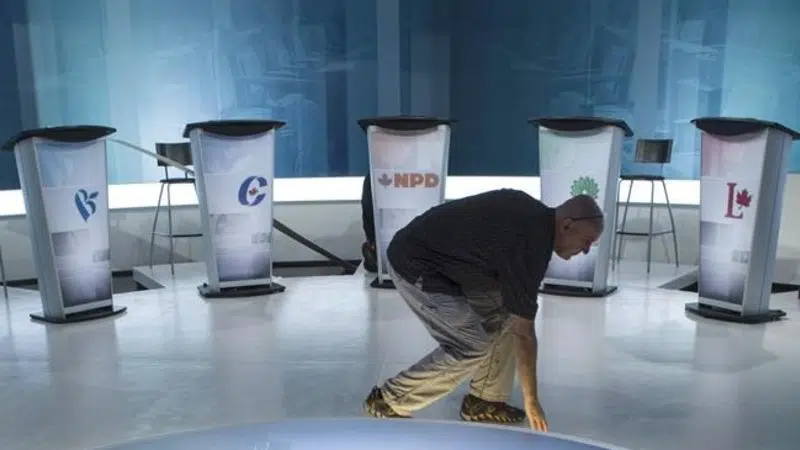
Uncertainty over start date, debates ratchet up pre-election angst
OTTAWA — A campaign that could start at any time and a debate schedule that is itself the subject of debate intensified pre-election jitters in Ottawa going into the weekend.
Observers are keenly monitoring the schedules and public appearances of MPs, the governor general and Prime Minister Justin Trudeau to discern when the election call is coming.
The prime minister may be considering the implications of a strong storm striking Atlantic Canada, the Manitoba election Sept. 10, and the state of the shadow-campaigning already happening across the country.
Elected MPs have been out and about in their ridings for weeks, while nominated candidates are also hitting the hustings before the official launch of the campaign. Opposition parties have also accused the government of campaigning on the public dime, as the Liberals have made hundreds of funding announcements over the course of the summer.


